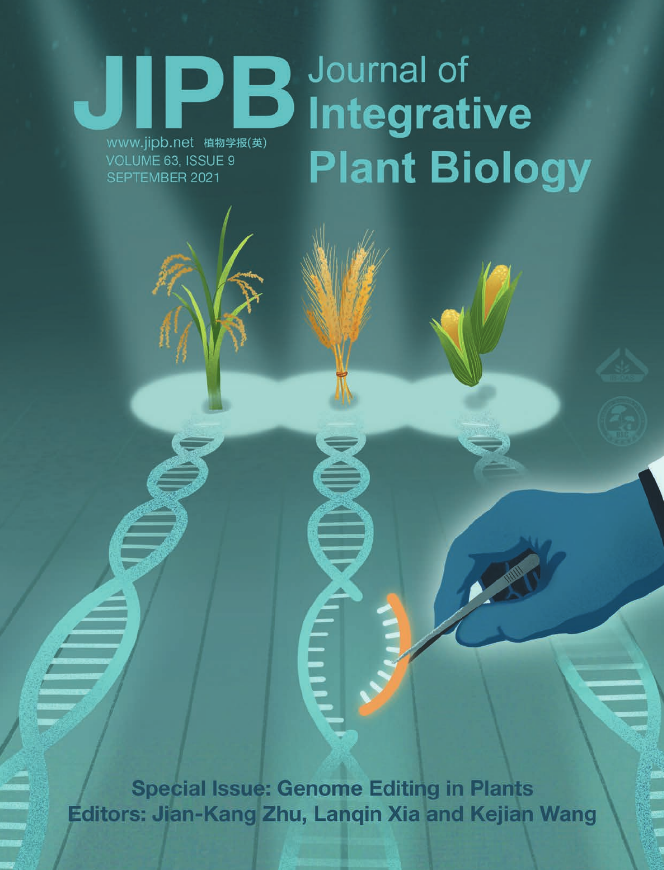Ph.D. in Biology - Integrative Plant Biology | Comprehensive Research Degree

Introduction:
A Ph.D. in Biology - Integrative Plant Biology is a comprehensive research degree that combines the study of plant systems from molecular to ecosystem levels. This program is designed for those passionate about plant science and its applications in addressing global challenges such as climate change, food security, and biodiversity conservation. Through interdisciplinary research, candidates will explore plant function, diversity, and adaptation.
Admission Process:
- Submission of a detailed research proposal relevant to plant biology.
- A bachelor’s and master’s degree in biology or related fields with a focus on botany or plant sciences.
- Letters of recommendation from academic or professional mentors in the field.
- A personal statement outlining research interests and career goals.
- Successful completion of an interview with the program’s admission committee.
- Demonstrated proficiency in relevant research methodologies.
Eligibility:
- A strong academic background in plant sciences or related disciplines.
- Research experience in plant biology or a related field.
- Publications or presentations in scientific forums are advantageous.
- A clear vision of the research area within integrative plant biology.
- Endorsement from a potential faculty advisor.
- Fulfillment of any language proficiency requirements.
Completion Time:
The Ph.D. in Biology - Integrative Plant Biology program typically spans 4-6 years. This period is dedicated to rigorous coursework, comprehensive examinations, and original research leading to a dissertation. The program is structured to cultivate critical thinking, research excellence, and a deep understanding of plant biology’s role in ecological and human systems.
Career Opportunities:
- Academic positions in universities and research institutions.
- Research roles in agricultural and biotechnological companies.
- Conservation scientists in environmental organizations.
- Policy analysts in government agencies.
- Science communicators specializing in plant sciences.
- Entrepreneurial ventures in plant-based industries.
Syllabus:
- Plant physiology and development.
- Molecular plant-microbe interactions.
- Plant genomics and biotechnology.
- Systems biology and computational modeling.
- Ecology and evolution of plants.
- Advanced plant biochemistry.
Internship Opportunities:
- Research internships in botanical gardens and herbaria.
- Industry internships in agritech and biotech companies.
- Governmental research labs focusing on plant health.
- Environmental NGOs working on conservation projects.
- Academic internships in university laboratories.
- Policy internships in sustainable agriculture.
Scholarship and Grants:
- University scholarships for academic excellence.
- Research grants from scientific societies in botany and plant biology.
- Fellowships for interdisciplinary plant science research.
- Industry-sponsored scholarships for innovative research.
- Government scholarships for studies in critical plant species.
- International grants for collaborative research projects.
FAQs:
What research areas can I explore in this Ph.D. program?
You can delve into a variety of topics such as plant physiology, genomics, ecology, evolution, and biotechnology. The program encourages interdisciplinary research that spans multiple scales of plant biology.
Is there a requirement for teaching experience during the program?
Many programs require Ph.D. students to gain teaching experience, often as a Graduate Student Instructor (GSI) for undergraduate courses.
How much fieldwork is involved in this program?
Fieldwork varies depending on your research focus but is generally an integral part of the study, especially for those focusing on ecology and evolution.
Are there opportunities for interdisciplinary collaboration?
Yes, interdisciplinary collaboration is highly encouraged, and many programs offer opportunities to work with experts from various fields.
What kind of funding is available for Ph.D. students?
Funding options include fellowships, research assistantships, teaching assistantships, and grants from various sources such as universities, government agencies, and private organizations.
